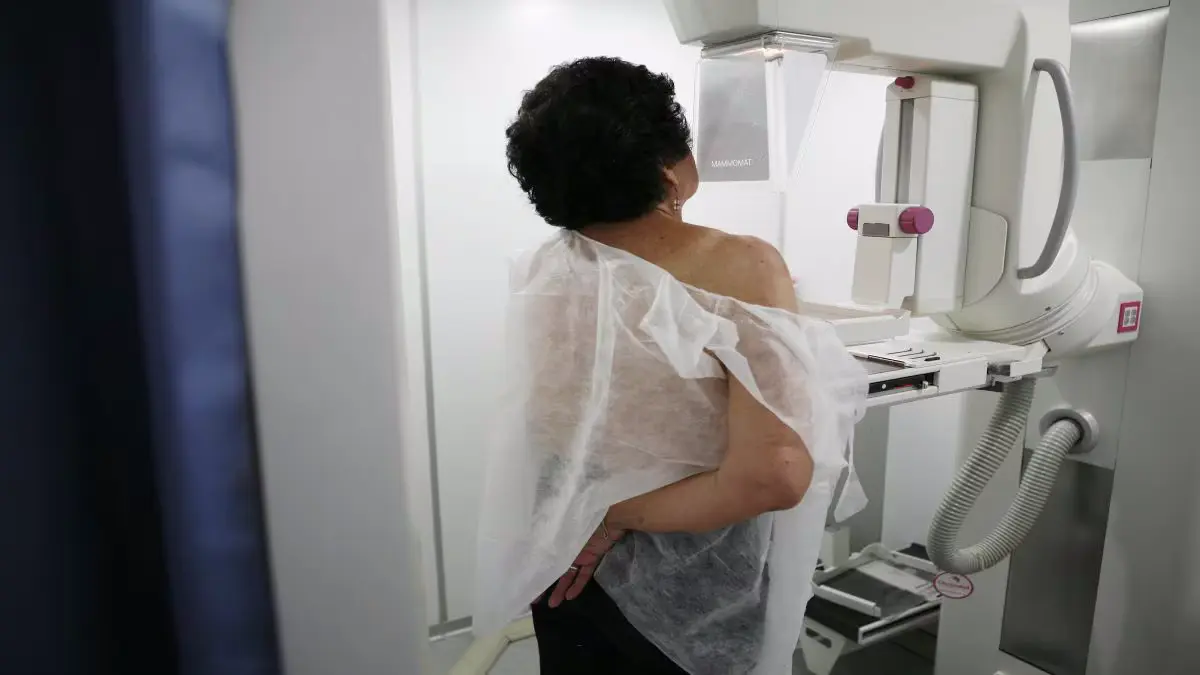According to recent research, drinking tea and coffee might be linked to a reduced risk of stroke and dementia. Drinking coffee was also linked with a reduced risk of post-stroke dementia.
The study was published in the ‘PLOS Medicine Journal’. Strokes are life-threatening events that cause 10 per cent of deaths globally. Dementia is a general term for symptoms related to declining brain function and is a global health concern with a high economic and social burden. Post-stroke dementia is a condition where symptoms of dementia occur after a stroke.
Yuan Zhang and colleagues from Tianjin Medical University, Tianjin, China studied 365,682 participants from the UK Biobank, who were recruited between 2006 and 2010 and followed them until 2020. At the outset participants self-reported their coffee and tea intake. Over the study period, 5,079 participants developed dementia and 10,053 experienced at least one stroke.
People who drank 2-3 cups of coffee or 3-5 cups of tea per day, or a combination of 4-6 cups of coffee and tea had the lowest incidence of stroke or dementia. Individuals who drank 2-3 cups of coffee and 2-3 cups of tea daily had a 32 per cent lower risk of stroke (HR, 0.68, 95 per cent CI, 0.59-0.79; P <0.001) and a 28 per cent lower risk of dementia (HR, 0.72, 95 per cent CI, 0.59-0.89; P =0.002) compared with those who drank neither coffee nor tea. Intake of coffee alone or in combination with tea was also associated with a lower risk of post-stroke dementia.
The UK Biobank reflected a relatively healthy sample relative to the general population which could restrict the ability to generalize these associations. Also, relatively few people developed dementia or stroke which can make it difficult to extrapolate rates accurately to larger populations. Finally, while it’s possible that coffee and tea consumption might be protective against stroke, dementia and post-stroke dementia, this causality cannot be inferred from the associations.
The authors added, “Our findings suggested that moderate consumption of coffee and tea separately or in combination were associated with lower risk of stroke and dementia.”






















